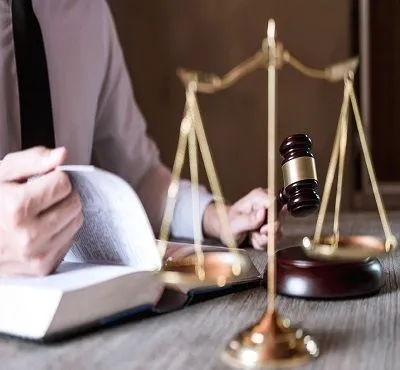Gross Negligence Law
Victims of gross negligence may be left with injuries that alter their quality of life forever. Medical bills and the loss of wages that go along with injuries related to gross negligence can be staggering, and it is possible for families of victims to be left to deal with final expenses when a person dies as a result of their injuries. Legal professionals who are well-versed in personal injury lawsuits related to gross negligence can assist victims and their families with fighting for compensation.
What is Gross Negligence?

There are instances in which a professional who is providing emergency services may be exempt from being held liable for negligence. Emergency medical personnel and police response team members are typically exempt from liability, but there are instances when negligence can still be claimed against these individuals.
It is important to note that negligence does not involve the willful harming of another person. negligence involves an act that puts others in danger, but the neglectful party does not intentionally harm other people.
Examples of Gross Negligence
Gross negligence is typically easier to prove than other types of negligence because the negligent act is significant and easily referenced. For example, a construction company may fail to provide its employees with safety equipment as outlined by OSHA regulations in order to save money. The company is aware that this act could result in serious injury to another person.
In a medical setting, negligence could involve a situation in which the medical staff assisting with a surgery fails to read a medical chart because they do not feel that they have time to do so. The staff is aware that failure to read a chart could result in administering medication that causes injury to a patient and will be guilty of gross negligence if such an injury occurs.
Another example of negligence would be if a travelling carnival ride operator knowingly allowed customers to ride a piece of equipment that was damaged in a way that would make an accident on the ride likely.
Getting Help with Gross Negligence
People who find that they have become the victim of gross negligence should contact a legal professional for help with pursuing the compensation that they need and deserve. Direct expenses related to the injury should be paid by the responsible party, but there are other losses that are harder to quantify. Personal injury attorneys who have worked on gross negligence cases in the past can help victims and their families get much-needed compensation for both financial losses and a loss in quality of life.
Our Negligence Articles & Resources
Criminal Negligence
Comparative Negligence
External Negligence Resources
Negligence Oversimplified from UVM
Common Questions on Negligence from Pace
Cornell Negligence Overview
Gross Negligence
Contributory Negligence
Vicarious Liability
